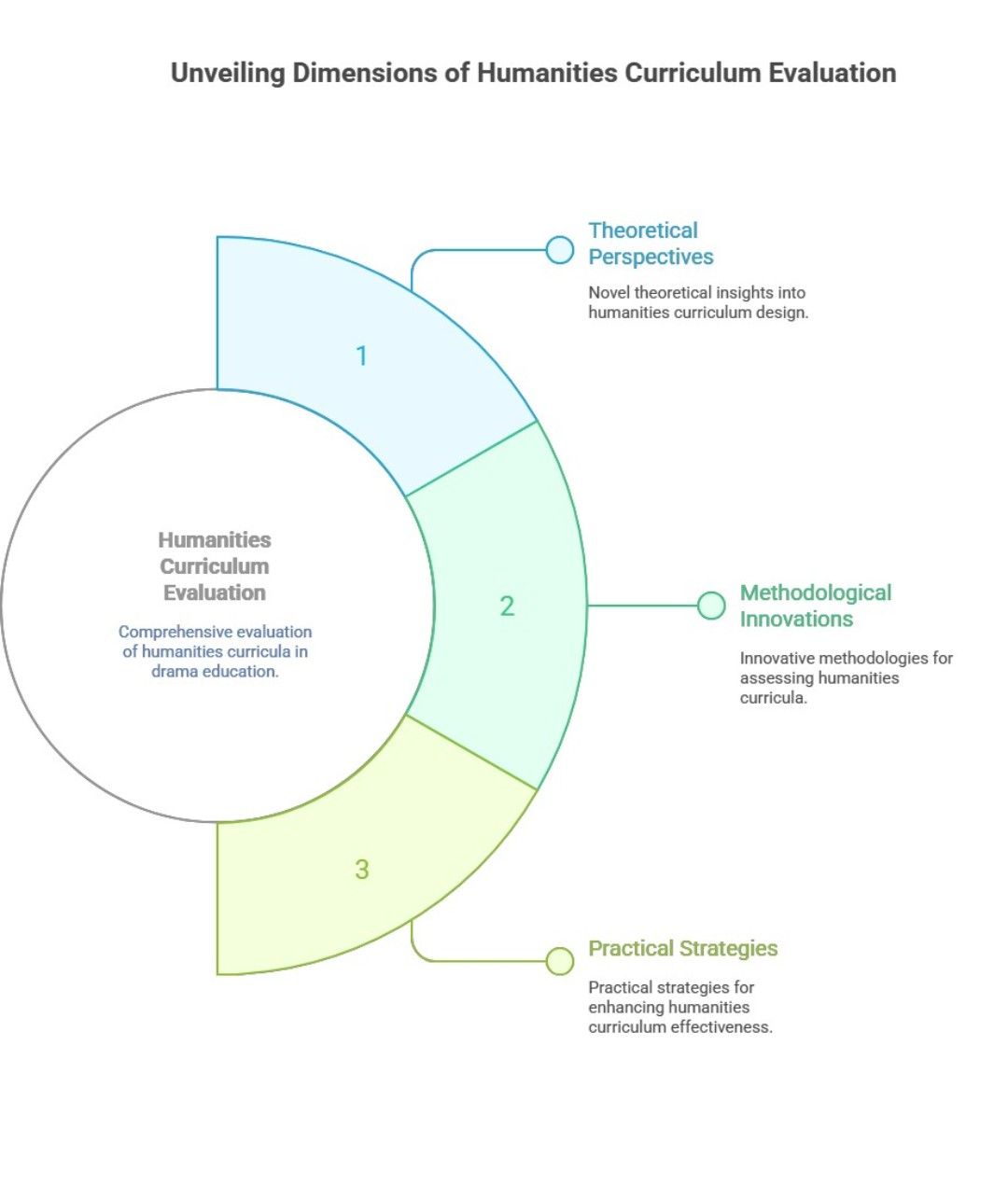Evaluating a Humanity Course for Drama Students at Sichuan Conservatory of Music: A CIPP Model Approach
Main Article Content
บทคัดย่อ
This study applied the CIPP evaluation model to systematically assess a Humanity course for drama majors at Sichuan Conservatory of Music, aiming to examine goal achievement, life skills development, and potential course enhancements. A mixed-methods approach was employed, involving 177 first-year undergraduates, four instructors, and one department head, using document analysis, interviews, surveys, and student performance data. The survey demonstrated strong reliability (Cronbach’s α = .87). Quantitative results showed solid outcomes in creativity (M = 7.26, S.D. = 1.33) and critical thinking (M = 7.03, S.D. = 1.38), but relatively weaker performance in emotional regulation (M = 6.99, S.D. = 1.49) on a 10-point scale. Although students scored highly on written exams (M = 79.52, S.D. = 9.19), their ability to apply knowledge in real-world or performance contexts was limited. Qualitative data further revealed difficulties in translating theoretical understanding into embodied stage expression. Based on these findings, the study proposed a revised curriculum emphasizing emotional education, reflective practice, and interdisciplinary integration. The results underscored the value of the CIPP model as a framework for continuous improvement in arts-based higher education.
Article Details

อนุญาตภายใต้เงื่อนไข Creative Commons Attribution-NonCommercial-NoDerivatives 4.0 International License.
เอกสารอ้างอิง
Chang, T. S., Wang, H. C., Haynes, A. M. D., & Song, M. M. (2022). Enhancing student creativity through an interdisciplinary, project-oriented problem-based learning undergraduate curriculum. Thinking Skills and Creativity, 43, 101014.
Guo, R., Jantharajit, N., & Thongpanit, P. (2024). Construct an instructional approach based on collaborative learning and reflective learning for enhance students’ analytical thinking and critical thinking skills. European Journal of Educational Research, 13(2), 95–106.
Hu, Y., & Shu, J. (2025). The effect of drama education on enhancing critical thinking through collaboration and communication. Education Sciences, 15(5), 565.
Javahery, P., & Bavandi, Z. (2025). Kolb’s experiential learning theory in action: fostering empathy and practical skills in language teacher education. Reflective Practice, 26(1), 1-15.
Kotsidis, K., & Dima, A. (2025). Integrating AI tools and drama pedagogy in digital classrooms to foster critical thinking and inclusion in primary education. Advances in Mobile Learning Educational Research, 5(2), 88–96.
Li, M., & Liu, X. (2025). Enhancing humanities and social sciences curriculum in engineering institutions by using interdisciplinary approaches. Cogent Education, 12(1), 2433831.
Rahma, A., Lyesmaya, D., Barkah, B., & Yaman, Y. (2025). Analysis of Teacher Strategies in Improving Student Creativity Through Art Learning: Literature Study. In 5th International Conference on Education, Humanities, and Social Science (ICEHoS)-Japan Series (pp. 121-135). Dordrecht, Netherlands: Atlantis Press.
Samaniego, M., Usca, N., Salguero, J., & Quevedo, W. (2024). Creative thinking in art and design education: A systematic review. Education Sciences, 14(2), 192.
Sanchez, S. L., Athanases, S. Z., & Cahalan, O. L. (2023). Drama integration across subjects, grades, and learners: Insights from new teachers as inquiring reflective practitioners. Arts Education Policy Review, 124(2), 105–116.
Sincuba, L. (2024). Exploring the Transformative Influence of Dramatic Arts Education on Academic Achievement and Personal Development of Grade 10 Students. International Journal of Learning, Teaching and Educational Research, 23(10), 621-643.
Wang, C. C. (2024). Using design thinking for interdisciplinary curriculum design and teaching: a case study in higher education. Humanities and Social Sciences Communications, 11(1), 1-13.
World Health Organization. (1997). Life skills education for children and adolescents in schools. Geneva: World Health Organization.
Wu, J., Shao, Y., Zang, W., & Hu, J. (2025). Is physical exercise associated with reduced adolescent social anxiety mediated by psychological resilience?: evidence from a longitudinal multi-wave study in China. Child and Adolescent Psychiatry and Mental Health, 19(1), 17.

